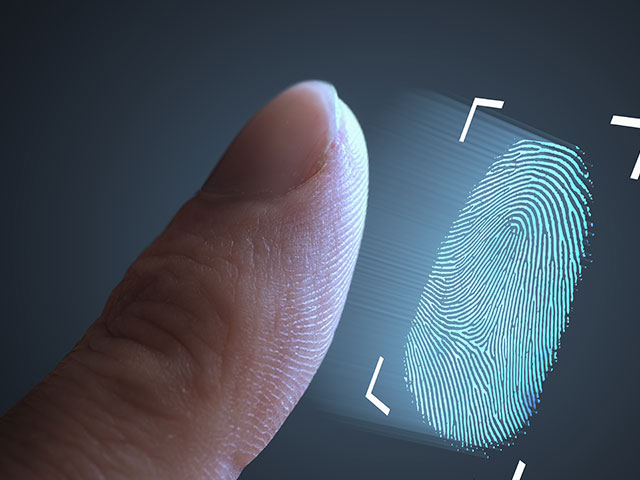How to Get a Canadian Criminal Record Check for Use Overseas

If you are accepting a job or moving overseas, you may be asked to submit a criminal record check. Figuring out how to get one can be confusing. And even more confusing, in many situations you will first be asked to apostille the document before it is accepted in a foreign country. In this article, we give you the basics about Canadian criminal record checks, how to get an apostille, and point you to further sources of information and assistance if needed.
What type of criminal record check do I need?
There are two different types of criminal record checks available to residents of Canada. The first type of criminal record check is a basic criminal record check. With a basic criminal record check the police will only use your name and date of birth when they check their database to see if you have a criminal record. No fingerprints are needed for a basic criminal record check.
The second type is called a certified criminal record check. To obtain this type of criminal record check the RCMP will search their database using your fingerprints as well as your name and date of birth. This type of criminal record check is issued by the RCMP Headquarters and is the most commonly accepted version.
There are a bunch of other terms that are frequently used in Canada, including Background Check, Police Check, RCMP Check, and Police Clearance Certificate. Other countries sometimes use the terms Non-Criminal Record Check or Certificate of Good Conduct. But to be clear, in Canada there are only two forms of criminal record check – basic and certified.
How do I order a Canadian criminal record check?
Basic criminal record checks can be obtained from the local police service in your area, or online. For RCMP certified criminal record checks you can apply directly through a local police service, or through an accredited fingerprinting agency in Canada. If you are located outside of Canada and need to obtain a Canadian criminal record check, you will need to submit your fingerprints to a company in Canada who is accredited by the RCMP. Contact us for more information or for assistance in obtaining your criminal record check.
What else do I need to do to use my Canadian criminal record check in another country?
In many cases, before your Canadian criminal record check will be accepted in another country it will need to go through the document apostille process. This process is used to confirm the authenticity of a Canadian document in a way that makes it official in other apostille member countries.
You should note that there are some other names for the Canadian apostille process that you might hear, including and especially the terms “authentication and legalization” or “attestation”. If you have been told that you need to present a Canadian criminal record check that has been apostilled, authenticated, legalized, or attested, they all refer to a similar process.
How do I apostille or legalize my criminal record check?
The process of apostille or legalizing your Canadian criminal record check involves the following steps:
Step 1: Documents preparation
The first step is to ensure your criminal record check is ready for processing. Depending on the type of criminal record check you have (basic or certified), and where you need to have it apostilled, you may be required to notarize the document first. You also may be required to prepare and submit a cover letter or other supporting documents if your document requires legalization (Step 3).
Step 2: Apostille your documents
After you prepare your documents, they need to be submitted to the appropriate Canadian government office for apostille. A basic criminal record check will require notarization and then will be apostilled in the jurisdiction of where the Notary Public is located. An RCMP certified criminal record check can be apostilled directly with Global Affairs Canada without notarization.
Once the apostille office has determined that your criminal record check meets their requirements, they will place a certificate of apostille directly on your document, confirming it has been apostilled.
If your document is destined for another apostille member country, your document is now ready to use abroad.
Step 3: Legalizing your documents
If your document is destined for a non-apostille member country, the final step of the process is to submit your apostilled criminal record check to the embassy or consulate of the country where you will be going. Once the consular staff confirms that your criminal record check meets all their requirements they will place a stamp, sticker, or certificate directly on your document, confirming it has been legalized. Your document is now ready to be submitted in a foreign country.
Where can I find more info on the apostille of a Canadian criminal record check?
Our website also has a wealth of information on many different aspects of apostille and legalization of your documents. We have a page dedicated to criminal record checks. If you don’t find the information you are looking for there, we invite you to phone our friendly staff. We would be happy to answer your questions.
Can you help me to apostille my criminal record check?
We specialize in managing the apostille process for criminal record checks. When you contact us for your free consultation we will first take the time to understand your specific situation and answer any questions you have. We will then clearly explain your options and provide you with a detailed quote, so that you have the information you need to figure out which option is right for you. Contact us through our website or phone us toll-free at 1-888-433-1011 – we look forward to hearing from you!